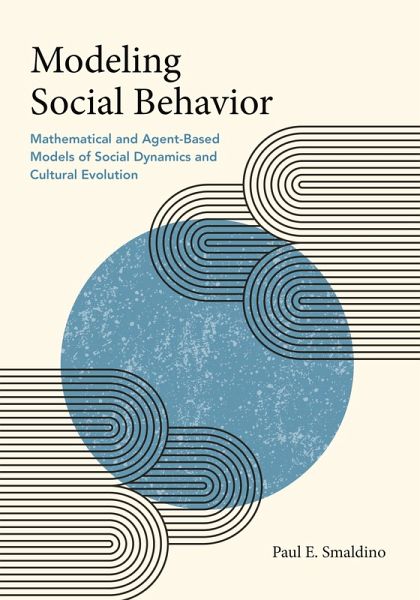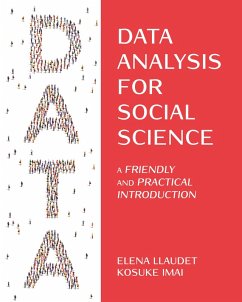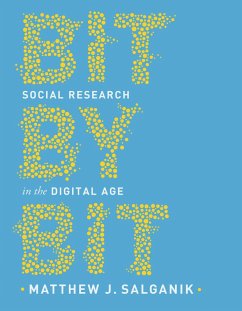
Modeling Social Behavior (eBook, PDF)
Mathematical and Agent-Based Models of Social Dynamics and Cultural Evolution
Versandkostenfrei!
Sofort per Download lieferbar
38,95 €
inkl. MwSt.
Weitere Ausgaben:

PAYBACK Punkte
19 °P sammeln!
A comprehensive introduction to mathematical and agent-based modeling of social behavior This book provides a unified, theory-driven introduction to key mathematical and agent-based models of social dynamics and cultural evolution, teaching readers how to build their own models, analyze them, and integrate them with empirical research programs. It covers a variety of modeling topics, each exemplified by one or more archetypal models, and helps readers to develop strong theoretical foundations for understanding social behavior. Modeling Social Behavior equips social, behavioral, and cognitive s...
A comprehensive introduction to mathematical and agent-based modeling of social behavior This book provides a unified, theory-driven introduction to key mathematical and agent-based models of social dynamics and cultural evolution, teaching readers how to build their own models, analyze them, and integrate them with empirical research programs. It covers a variety of modeling topics, each exemplified by one or more archetypal models, and helps readers to develop strong theoretical foundations for understanding social behavior. Modeling Social Behavior equips social, behavioral, and cognitive scientists with an essential tool kit for thinking about and studying complex social systems using mathematical and computational models.
- Combines both mathematical and agent-based modeling of social behavior
- Integrates cognitive science, social science, and cultural evolution
- Covers topics such as the philosophy of modeling, collective movement, segregation, contagion, polarization, the evolution of cooperation, the emergence of norms, networks, and the scientific process
- Discusses more advanced topics, including how to use models to build a more robust empirical research program
- An ideal introductory textbook for graduate students or advanced undergraduates
- An invaluable resource for practitioners
Dieser Download kann aus rechtlichen Gründen nur mit Rechnungsadresse in A, D ausgeliefert werden.













